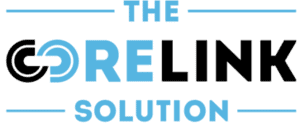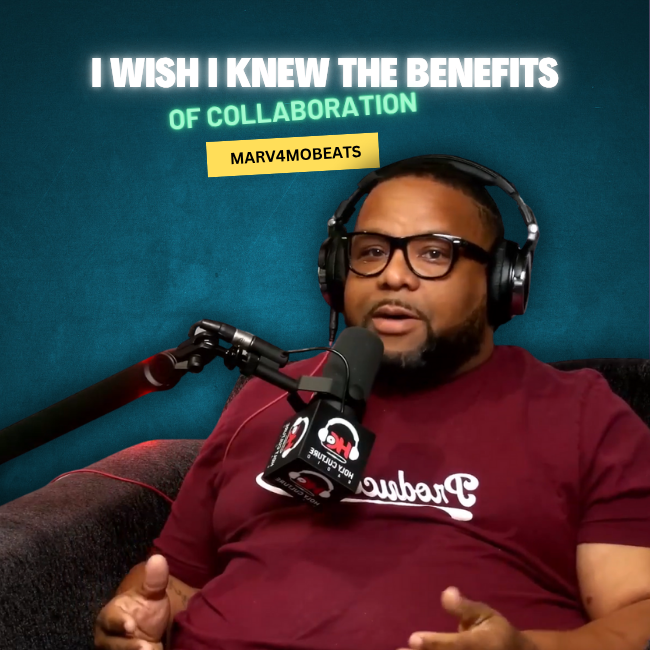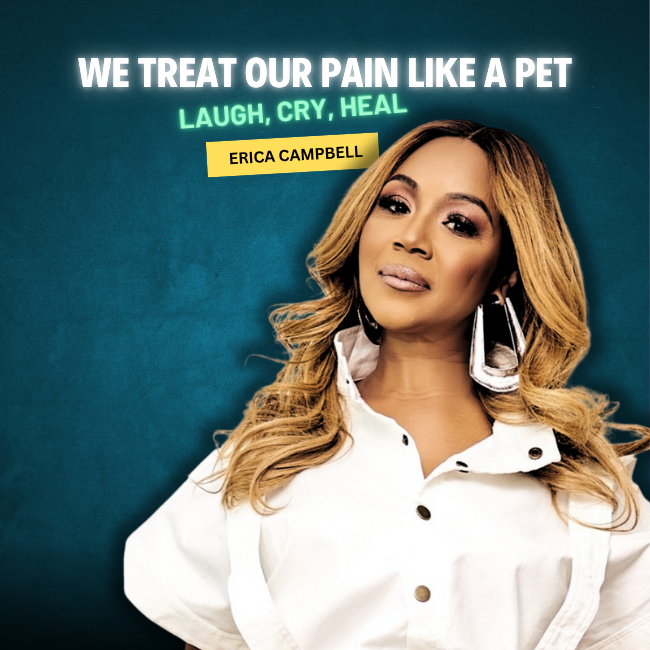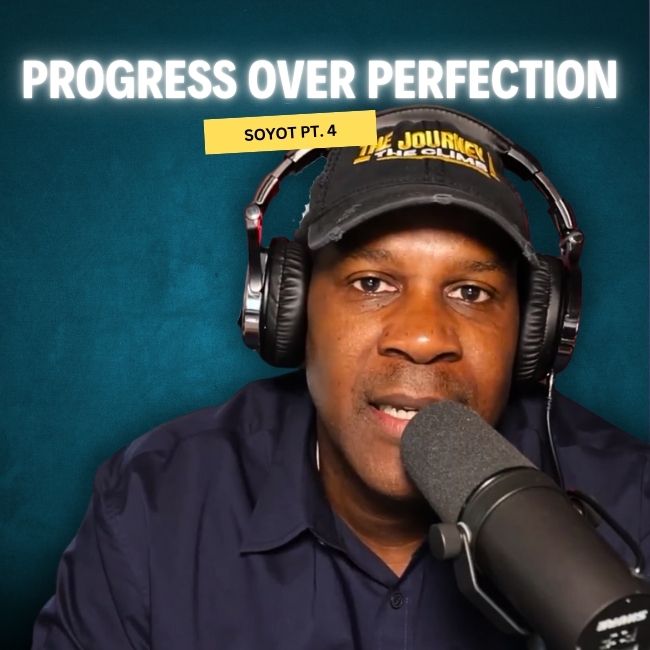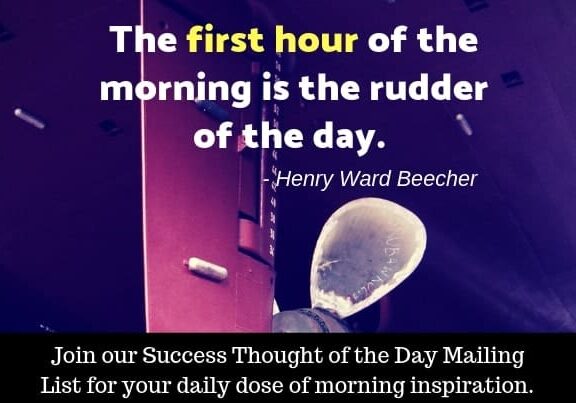Episode 72: Learning in the Highs and Lows of your work with Chuck Rosenberry.
Subscribe: iTunes | IHeartRadio | Spotify | Stitcher
We like to talk about “winning” often, but we can’t overlook that a significant part of our growth comes from the lessons we embrace when we are not winning in our work. On this episode, we talk with TransUnion Industry Executive Chuck Rosenberry, executive, and friend. Doing three tours together at Chase, Allstate, and Legal Shield, Rossseau and Rosenberry have weathered some significant challenges. And had some great successes. Not to mention learning some life-changing lessons along the way.
Getting to know Chuck
Chuck is an Industry Executive for TransUnion. For the last 6 years, he has been focused on helping the largest financial institutions in the U.S. grow their card and banking lines of business through the use of TransUnion’s data-driven solutions.
Prior to joining TransUnion, Chuck led business development teams in the insurance industry at both LegalShield and Allstate cultivating business partnerships that provided new distribution opportunities.
Chuck’s roots lie within the credit card world, having spent over 20 years in a variety of roles at several top banks. His responsibilities included marketing, revenue and income growth, and overall relationship management of partnerships within the co-brand and retail card space.
Rosenberry says he’s never met a stranger. Told by colleagues he has a wealth of conversational currency, the industry exec has an innate ability to connect with people from different socio-economic backgrounds. “I consider it a gift,” he says.
“I don’t take it lightly. When I ask people questions and I try to connect with them, I’m genuinely interested in their background. Everybody has a story.” When asked his top three moments during their working partnership, Rosenberry says, “A lot of it is just personal stuff. The fun experiences that we had. Like going to the Final Four when we were at Allstate. Going to the Sugar Bowl. Those are the things that last for me.”
Appreciating lessons
Professionally; Rosenberry recalls office meetings and brainstorming sessions; “putting their collective heads together to overcome challenges. Referencing their time at Allstate, where the duo was a start-up within a big corporation, “It was fun growing something from the beginning. But we had these challenges of overcoming a culture that had been established for a long time. Some of the barriers we had to knock down, just to get the business off the ground. What’s funny is we go to Legal Shield and a lot of those challenges were exactly the same.”
The best lessons are usually the hardest to learn. And aren’t fully appreciated until you’ve mastered them. For instance, what works in one area of business, may not work in another. One must learn to assess and adapt. “You might think things look the same. But in a lot of cases, you better do your homework, beyond what you just see on the surface to ensure what you’re thinking is true. Trust but verify,” advises Rosenberry.
Recollecting their time at Legal Shield, the Industry Exec. reveals they had very similar aspirations coming from Chase and being in a partner business. “We were very aligned on the direction we wanted to head and how it was going to work. On what the partnerships looked like, how we were going to distribute product. On how we were going to grow, and what needed to happen.”
“And literally one small…and I say small because it was one assumption. But it was a very big assumption. But one little change in direction…it was definitely an aha moment,” explains Rosenberry. You have to be able to recognize the “devil in the details” and adjust accordingly.
Inclusion at work
In business, managing teams with different personalities and perspectives can also be a challenge. How do you get people to the table, and invite their opinion and point of view, while maintaining your vision and reaching your goals? Inclusion. It’s an art form that should be refined especially if you intend on accomplishing a project that requires a large team.
When people are a part of the creation process then they have a vested interest and even a share in the accountability. “You can’t poll everybody. You can’t get everybody to nod their head yes. But what you definitely need to do is be inclusive of the right people that can push your message down within your organization,” explains Rosenberry. “Getting the right people involved and making them feel included and a part of the process moving forward is highly important.”
Listening at work
Listening is fundamental to your leadership strategy. Rosenberry explains, “90% of the people you interact with in that scenario, where you’re taking inventory and people giving you their candid feedback and what they’re concerned with, what we could do better, all of those things. Ninety percent of that was genuine. People that cared, from the heart, honest feedback. Ten percent was probably a little crazy kind of…take it for what it’s worth kind of thing. But that’s the right approach. Because when you start to disenfranchise people nothing good is going to come from it.”
People need to know you value their input. Even if their purposed suggestions are not implemented, if you explain your “why”, they will appreciate being heard and respect your leadership strategy. They may even learn a lesson themselves.
Not only should you listen to your people, but your customers as well implores Rosenberry. “When you’re selling something and you hear keywords and phrases and you know that it’s going to take that company a long time to implement something, your antenna should be up around that. You should immediately start thinking less about the value of your product and start thinking a little bit more about how you can help them implement that product.” It’s vital in sales, you have to be able to solve a problem for the consumer, or else you’re wasting your time.
Agile Methodology
One of the biggest lessons this duo has learned is employing the agile methodology. Collaborative project management. A framework that breakdowns a project into manageable phases. And at the completion of each phase, the leadership team evaluates the project ensuring that it is on track and if necessary, pivots.
What makes this method so appealing to business professionals is that it’s designed around the idea that a project can be continuously improved upon throughout its lifetime. It allows you able to identify trouble spots before they become detrimental to your business. You can incorporate changes, and improvements to your strategy, quickly and efficiently. It has proven cost-effective, helping businesses sustain long-term success.
Those are our thoughts, but as always, we would love to hear yours. Be sure to leave a comment wherever you are listening from or you can send us an email at jamesrosseau@thecorelinksolution.com
Further, If you find the podcast valuable, please hit subscribe, rate it, and write a small review. And share it with someone you think it might help.
Thank you so much for linking up and I will see you next episode.
Be Informed. Be Empowered. Be Accountable.

